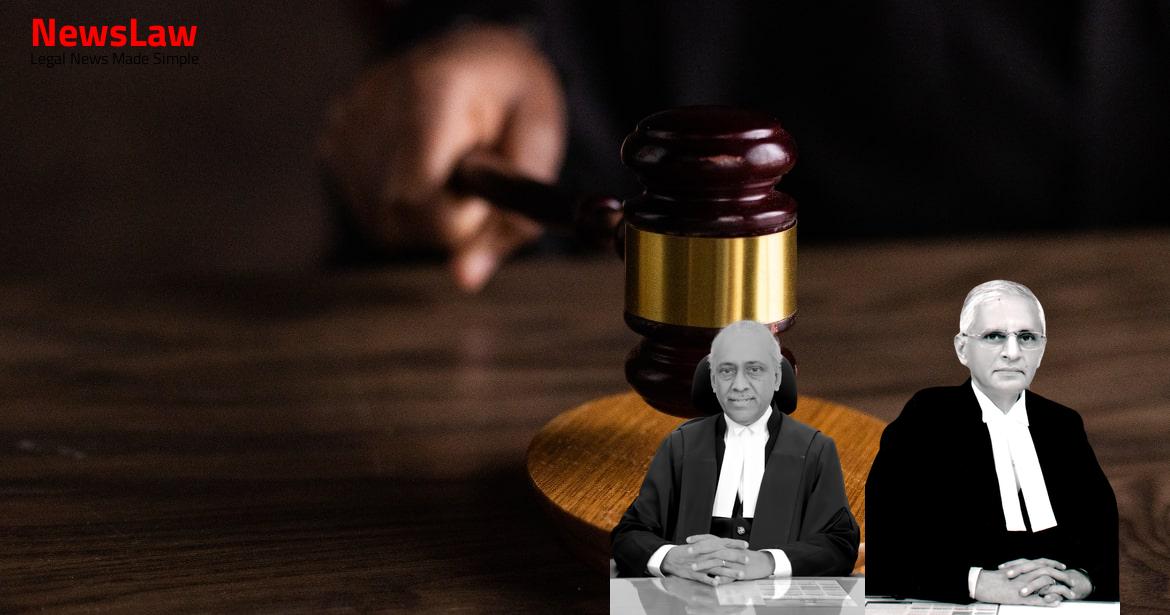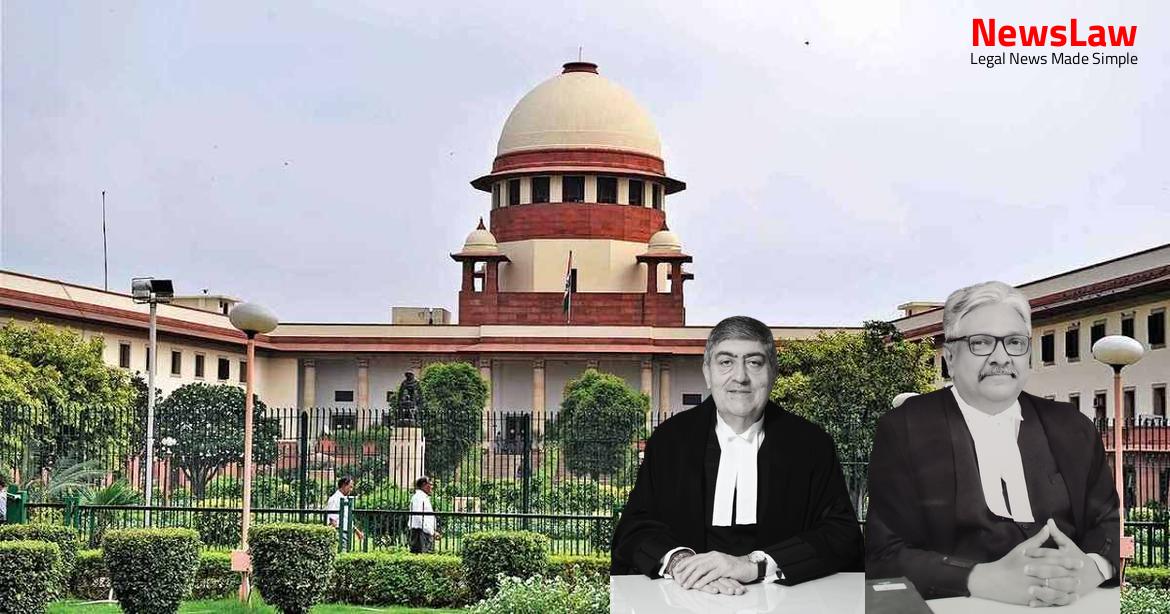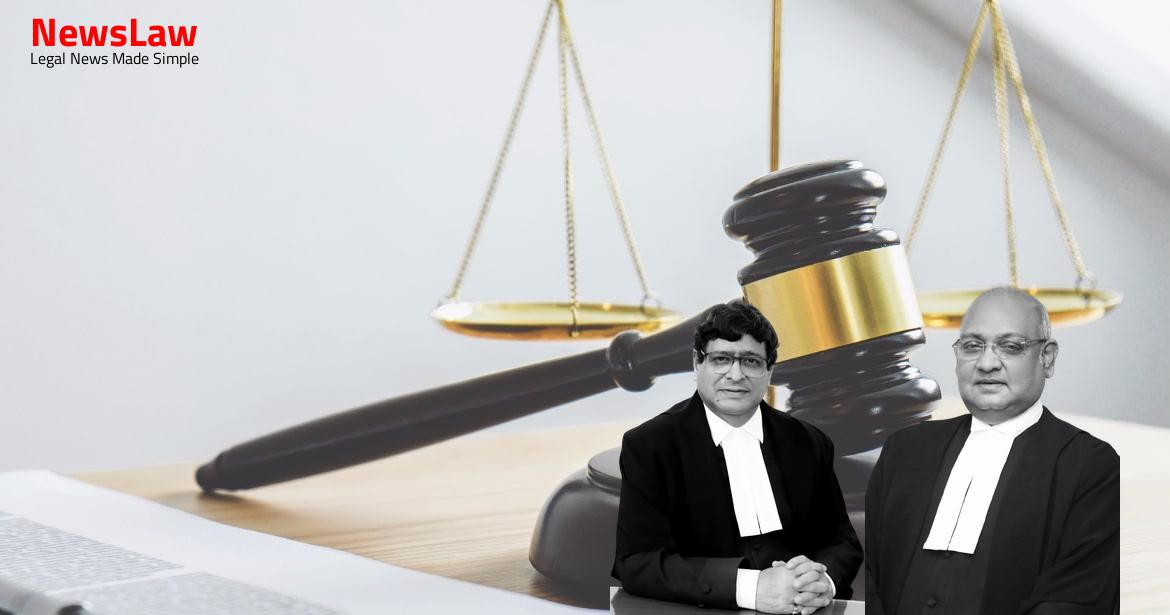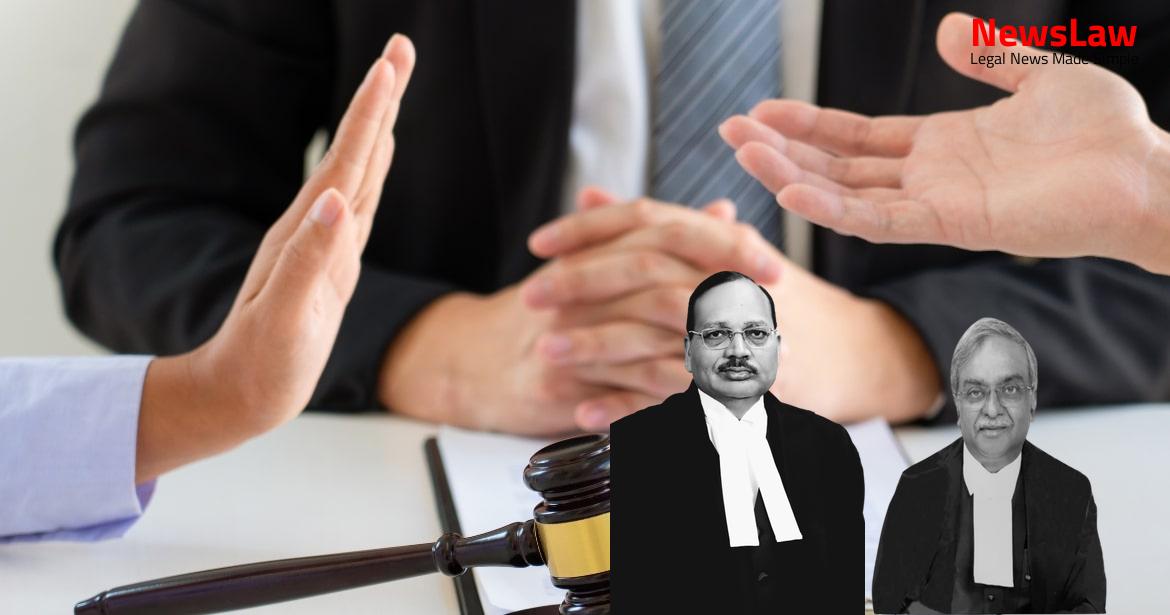In a recent legal development, a prominent court has dismissed transfer petitions in a case involving multiple charges under the Prevention of Corruption Act. The court’s decision centered on the crucial aspect of fair trial rights and the necessity for active participation of all involved in the legal proceedings. Let’s delve deeper into the court’s legal analysis and its implications on criminal trials.
Facts
- Transfer Petitions filed by petitioner seeking transfer of criminal cases from Darjeeling to New Delhi due to health concerns.
- Co-accused (Respondent Nos. 2 and 3) filed a counter affidavit opposing the transfer.
- Charges against petitioners include Sections 120B IPC and Sections 7, 13(2), 13(1)(a), and 13(1)(d) of Prevention of Corruption Act, 1988.
- Petitioner retired in 2010, cases filed in 2010 and 2011 with multiple witnesses.
- Grounds for transfer based on petitioner’s age, health condition, and inability to travel without assistance.
- Concern for fair trial and active participation of accused in the proceedings highlighted.
- Technology not a replacement for physical assistance in criminal proceedings.
- Equal rights for fair trial emphasized for all parties involved.
- Decision to dismiss both Transfer Petitions due to lack of justification for transfer.
- Opposition to transfer based on inconvenience and potential impact on the life of co-accused.
- Petitioner’s health condition cited as the main reason for seeking transfer.
Also Read: Legal Analysis on Withdrawal from Land Acquisition
Decision
- Pending application(s) if any, shall stand dismissed.
- Trial Court must consider petitioner’s health condition and may dispense with personal appearance
- Special Court may allow online participation if feasible
Also Read: Interpretation of Section 56(2) of Electricity Act
Case Title: DEVENDRA KUMAR SAXENA Vs. CENTRAL BUREAU OF INVESTIGATION (CBI) (2021 INSC 263)
Case Number: T.P.(Crl.) No.-000355 / 2020



